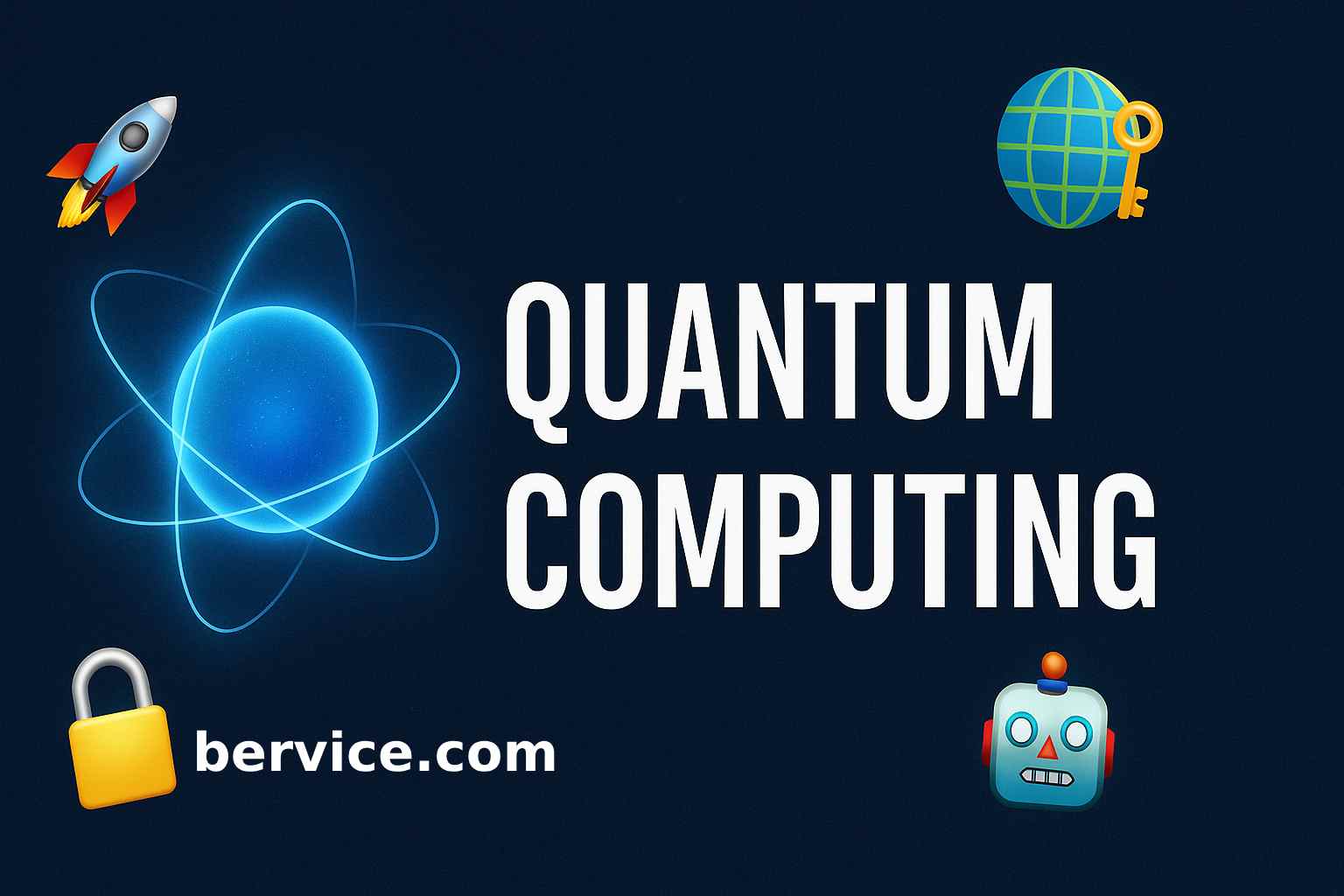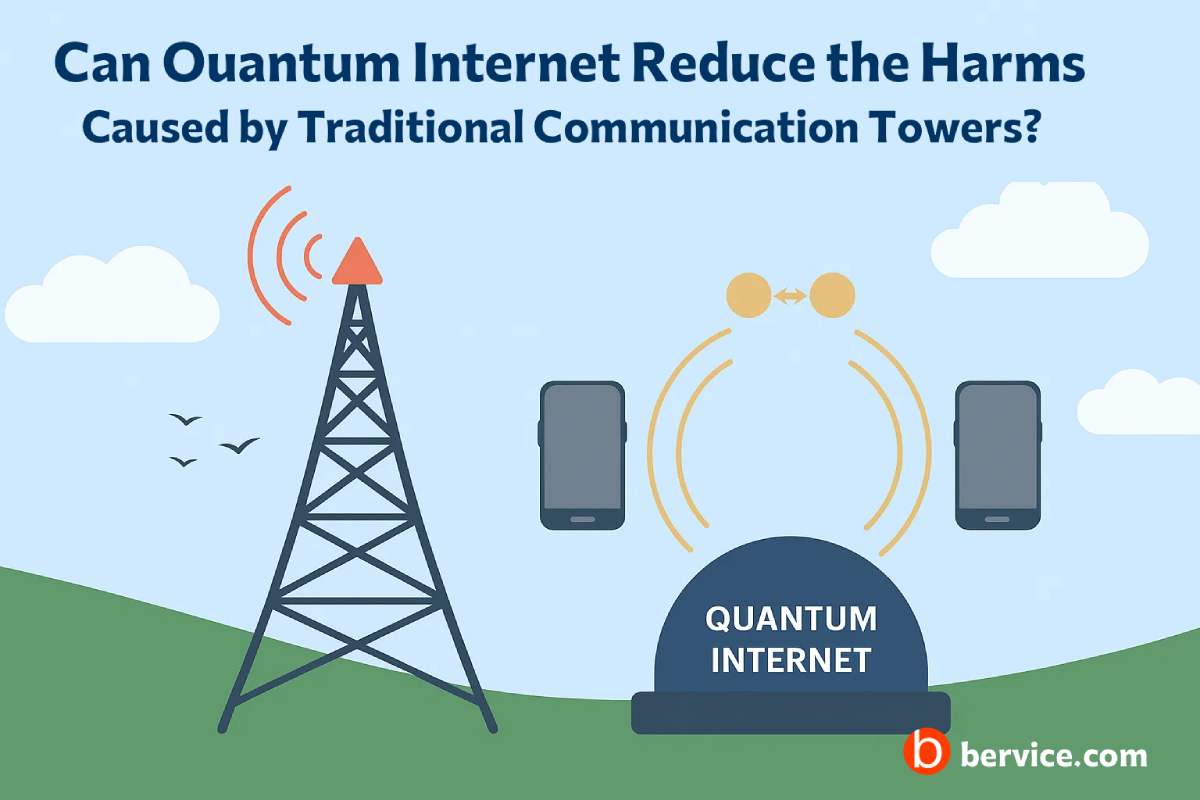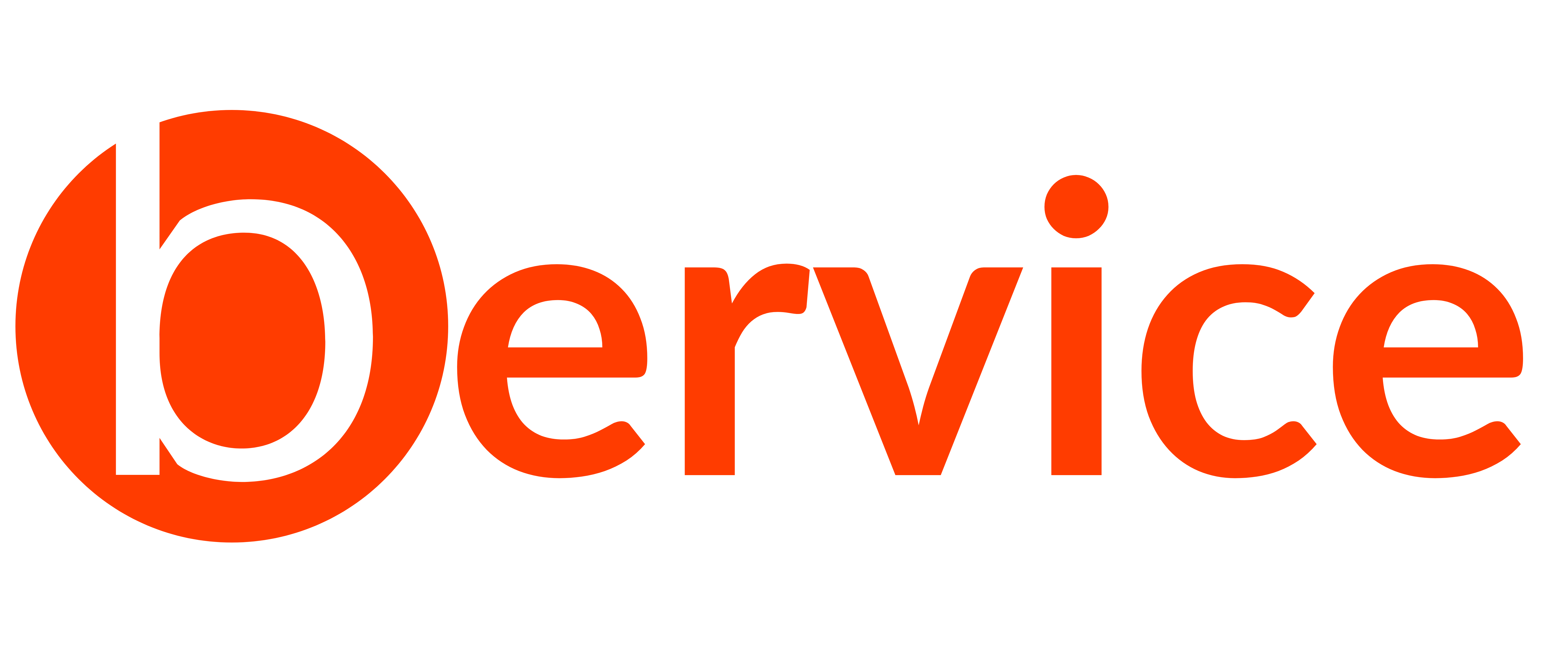
Quantum computing is rapidly becoming a field of immense interest and importance within the technological community. Unlike classical computers, which process information as binary bits (0s and 1s), quantum computers leverage the principles of quantum mechanics to process data in fundamentally new ways. The term “populogy” within the context of quantum computing might be interpreted as the intersection of this advanced technology with the broader public’s growing interest, concerns, and understanding. This article delves into the concept of quantum computing, its potential to reshape various industries, and its implications for society at large.
Understanding Quantum Computing
At its core, quantum computing exploits the unique properties of quantum bits, or qubits, which can exist in multiple states simultaneously, thanks to the phenomena of superposition and entanglement. These phenomena allow quantum computers to perform complex calculations far faster than classical computers for certain types of problems. Quantum computing has the potential to revolutionize fields such as cryptography, materials science, artificial intelligence, and even medicine.
Superposition allows a qubit to represent both 0 and 1 simultaneously, greatly increasing the computational power of quantum computers. Entanglement, another quantum property, enables qubits to be connected in such a way that the state of one qubit can instantaneously influence another, regardless of the distance between them. These phenomena enable quantum computers to tackle problems that are currently unsolvable with classical technology, making them indispensable for solving high-complexity tasks in industries ranging from pharmaceuticals to finance.
The Public’s Growing Interest: Populogy and Accessibility
As quantum computing advances, there has been a surge in public interest in understanding its capabilities and implications. Populogy, in this sense, refers to the movement to democratize quantum knowledge and ensure that the technology is not just confined to academic institutions and large corporations but becomes accessible to the general public. This growing interest is fueled by the increasing availability of quantum computing tutorials, open-source platforms, and online simulators, which allow individuals with a basic understanding of physics and computer science to experiment with quantum algorithms.
The challenge lies not only in making quantum computing accessible but also in fostering an understanding of its real-world applications and limitations. While the technology holds immense promise, it is still in the early stages of development, and many breakthroughs are required before quantum computing can achieve its full potential. This “populogy” aims to ensure that the public can engage with quantum computing in a meaningful way, equipping them with the knowledge needed to understand and possibly contribute to the development of this transformative technology.
Implications for Society: Benefits and Challenges
Quantum computing has the potential to bring about significant benefits across multiple domains:
- Cryptography and Cybersecurity: One of the most widely discussed applications of quantum computing is in the realm of cryptography. Quantum computers could potentially break many of the encryption algorithms that secure today’s digital communications. This would push the development of quantum-resistant encryption methods, safeguarding sensitive data from new threats.
- Drug Discovery and Healthcare: Quantum computers could be used to model molecular structures at an unprecedented scale, dramatically speeding up drug discovery and helping develop new therapies. By simulating interactions at the quantum level, scientists can better understand the behavior of molecules and design drugs with specific targets in mind.
- Optimization Problems: Many industries, including logistics, finance, and transportation, face complex optimization problems that classical computers struggle to solve. Quantum computers can help optimize supply chains, predict financial markets, and reduce energy consumption by finding solutions to these problems more efficiently.
- Artificial Intelligence and Machine Learning: Quantum computing holds the potential to transform AI and machine learning by accelerating the processing of vast datasets. Quantum algorithms could significantly improve machine learning models, leading to more accurate predictions and faster decision-making.
However, these advancements also come with challenges. One of the primary concerns surrounding quantum computing is the potential for job displacement, as automation and advanced algorithms could render certain tasks obsolete. Furthermore, the ethical and societal implications of quantum computing must be carefully considered, particularly with regard to privacy and security.
Conclusion: Preparing for the Quantum Future
As we look to the future, the “populogy” of quantum computing is not just about technology; it’s about ensuring that this transformative power is integrated into society in a responsible and inclusive way. The general public must be educated on the capabilities and limitations of quantum computing to ensure a future where the technology is used for the collective benefit. With increasing investments and research into quantum technologies, it is crucial to continue promoting accessibility, public understanding, and collaboration to fully harness the potential of quantum computing.
In the coming decades, quantum computing will likely shift from a niche research field to a core component of everyday technology. Its eventual integration into industries like healthcare, finance, and cybersecurity could mark the dawn of a new era of problem-solving and innovation. The challenge for the “populogy” of quantum computing lies in keeping pace with this technology’s rapid development while ensuring that its benefits are accessible to all.
Connect with us : https://linktr.ee/bervice





